CHAT
WITH US
WITH US
GET A
QUOTE
have questions? call us
+44 3330 907053
Home
/
Guides
/
Moving Guides
/
The Complete Guide to Moving from the UK to India
The Complete Guide t...

Moving Guides • Asia • 23 Jan 2025
Share this article
Did you know? India has recently introduced a new e-visa system that streamlines the application process for British citizens, making relocation easier than ever before.
Moving to India from the UK represents an extraordinary opportunity to immerse yourself in one of the world's most diverse and dynamic cultures. Whether you're relocating for business opportunities in bustling tech hubs like Bangalore, seeking cultural experiences in historic Delhi, or planning a retirement in serene Goa, understanding the complexities of this vast nation proves essential for a successful transition. This guide will walk you through everything you need to know about making India your new home.
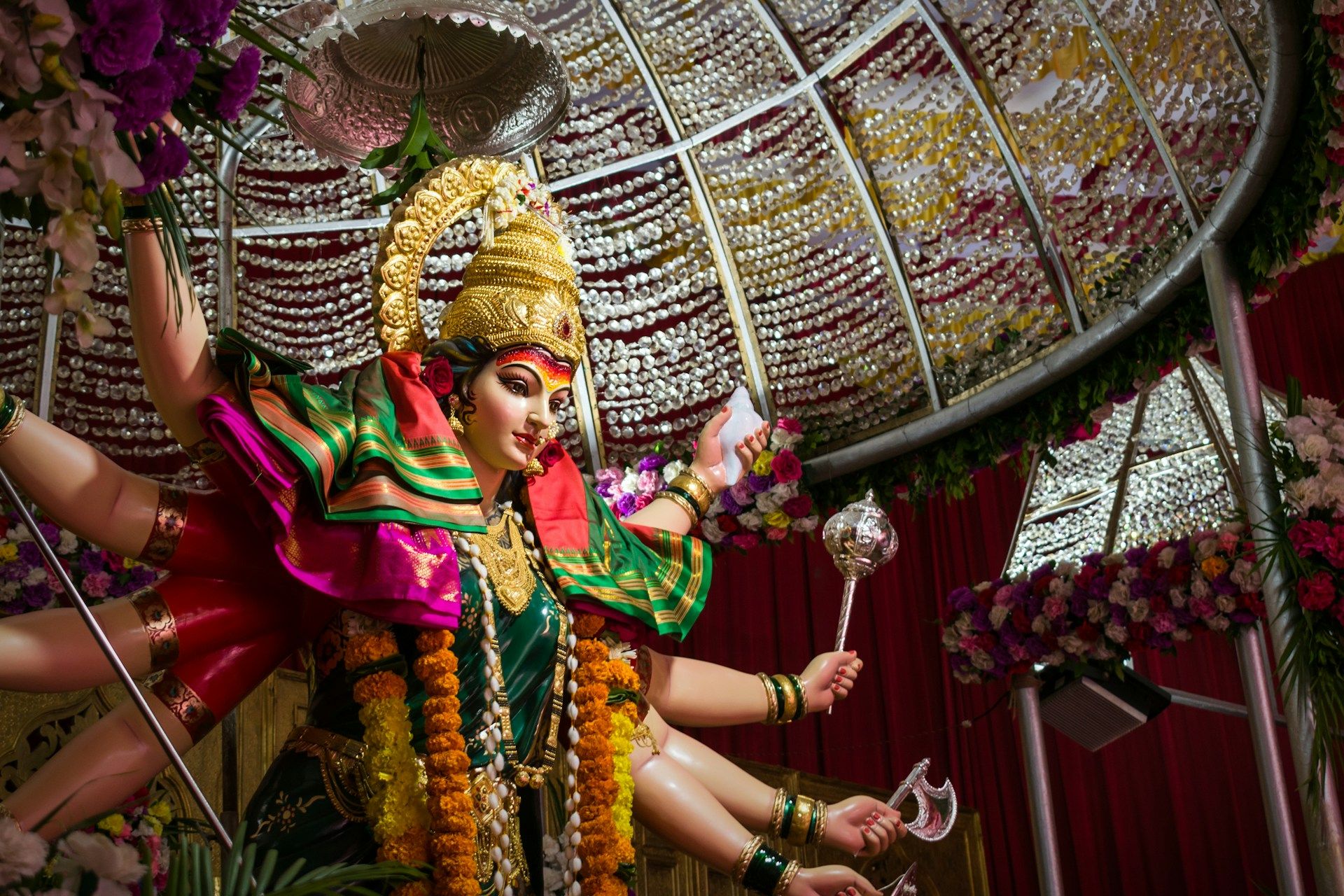
Your journey to India begins with thorough research and careful preparation. Start by visiting the High Commission of India in London website to understand current visa requirements and entry regulations. India's bureaucratic processes can be complex, so early preparation proves crucial for a smooth transition.
Essential initial planning elements:
Consider engaging with professional relocation services familiar with India's unique challenges. Their expertise can prove invaluable in navigating local bureaucracy and cultural nuances.
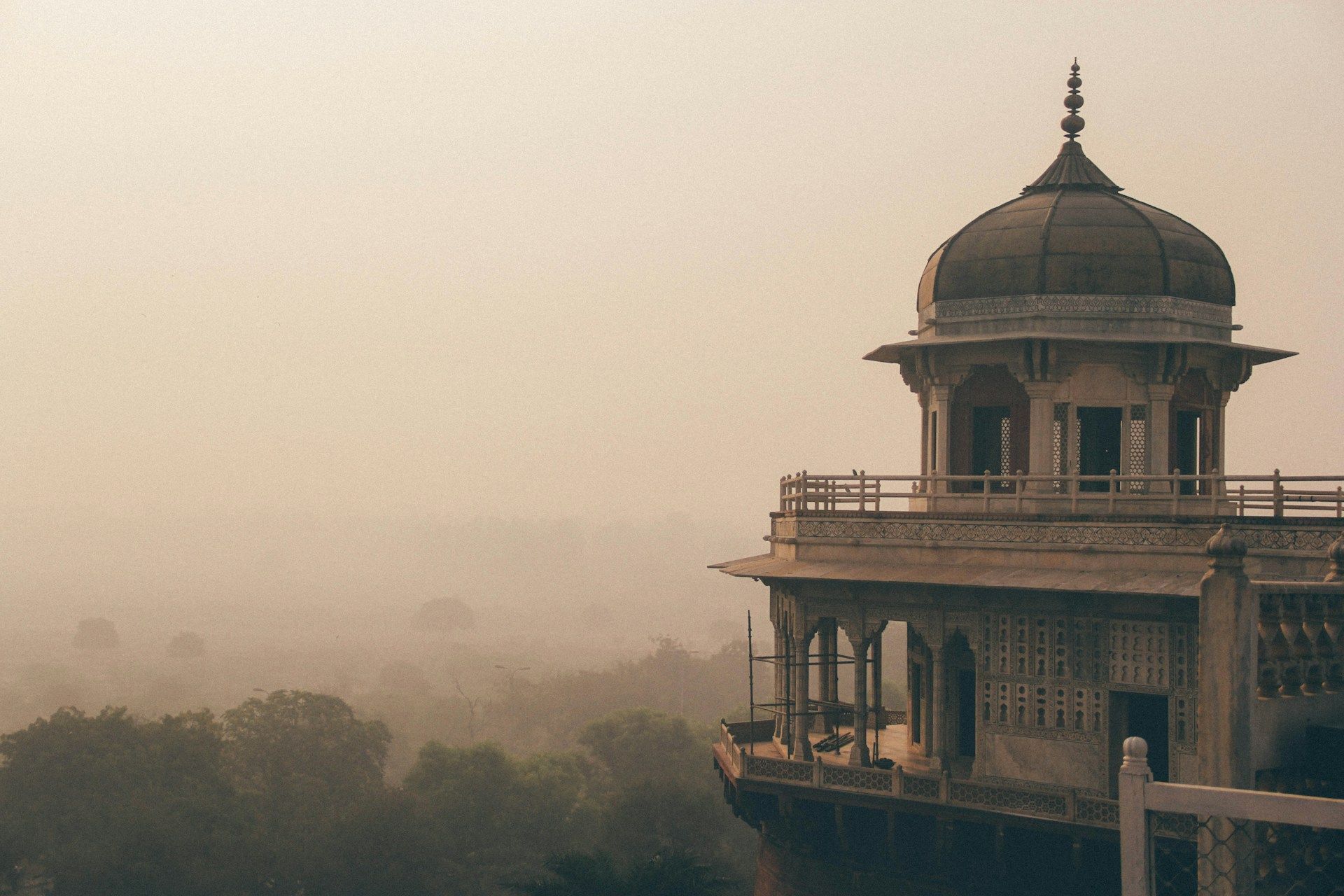
India offers various visa categories for long-term stay, each with specific requirements and restrictions. Visit the Indian e-Visa portal to understand available options. Employment visas typically require sponsorship from an Indian company, while business visas might suit entrepreneurs or consultants.
Key visa categories include:
The Foreigners Regional Registration Office (FRRO) manages visa extensions and registrations after arrival. Understanding their requirements early helps prevent complications later.
Healthcare in India varies significantly between urban and rural areas, private and public facilities. The Ministry of Health and Family Welfare provides information about healthcare standards and requirements. Private healthcare in major cities often matches international standards, though costs and quality can vary considerably.
Essential healthcare preparations include:
Visit a travel health specialist at least six months before departure to begin necessary vaccination courses. Consider medical evacuation coverage in your insurance plan, particularly if living outside major cities.
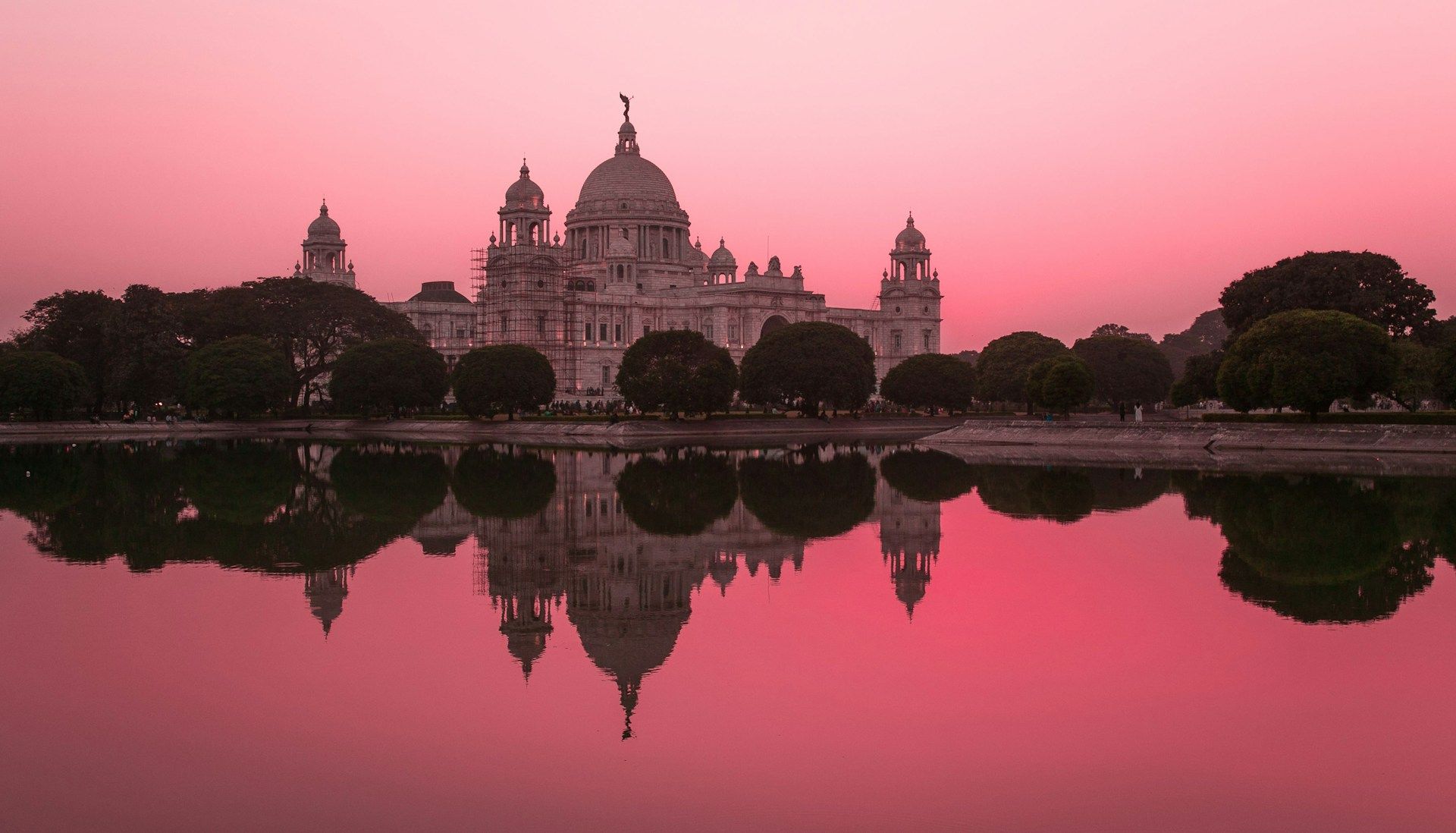
Setting up your financial life in India requires careful planning and understanding of both Indian banking practices and international transfer considerations. The Reserve Bank of India regulates banking activities and provides guidelines for foreign nationals.
Financial preparations should include:
Major Indian banks like HDFC and ICICI offer specialised services for expatriates, though documentation requirements can be extensive. Consider maintaining your UK accounts while establishing Indian banking relationships.
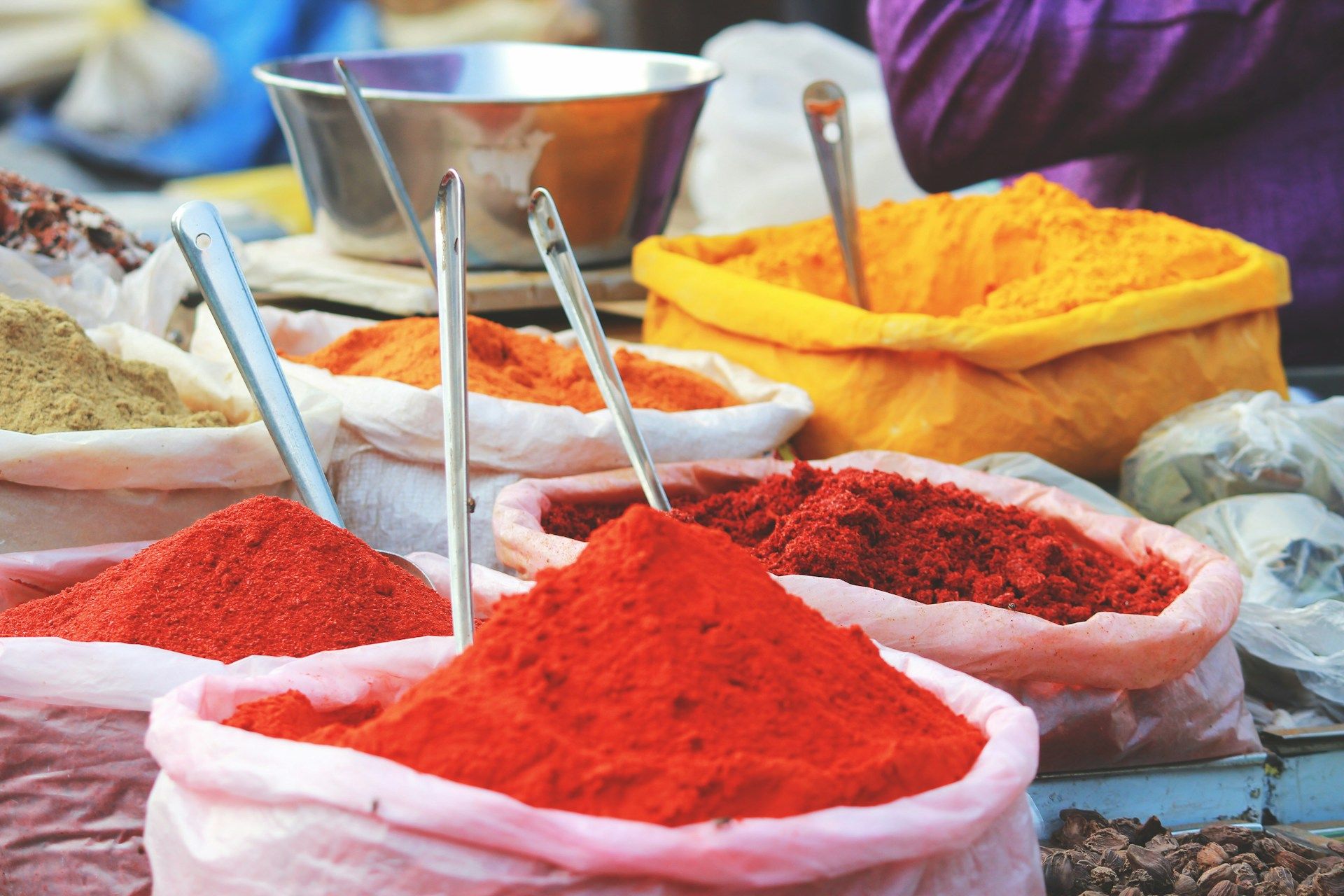
Finding suitable accommodation in India requires understanding local property markets and rental practices. Different cities and neighbourhoods offer vastly different living experiences. Research areas thoroughly through local property portals and expatriate forums.
Housing considerations include:
Understanding India's professional culture proves essential for successful integration into the workplace. Indian business environments often blend traditional hierarchical structures with modern international practices. The Invest India portal provides comprehensive information about business regulations and opportunities.
In most Indian companies, relationships matter as much as technical skills. You'll find that professional and personal boundaries often blur, with colleagues frequently socialising outside work hours. This interconnectedness can feel unusual at first but often leads to stronger professional networks and opportunities.
Key workplace considerations:
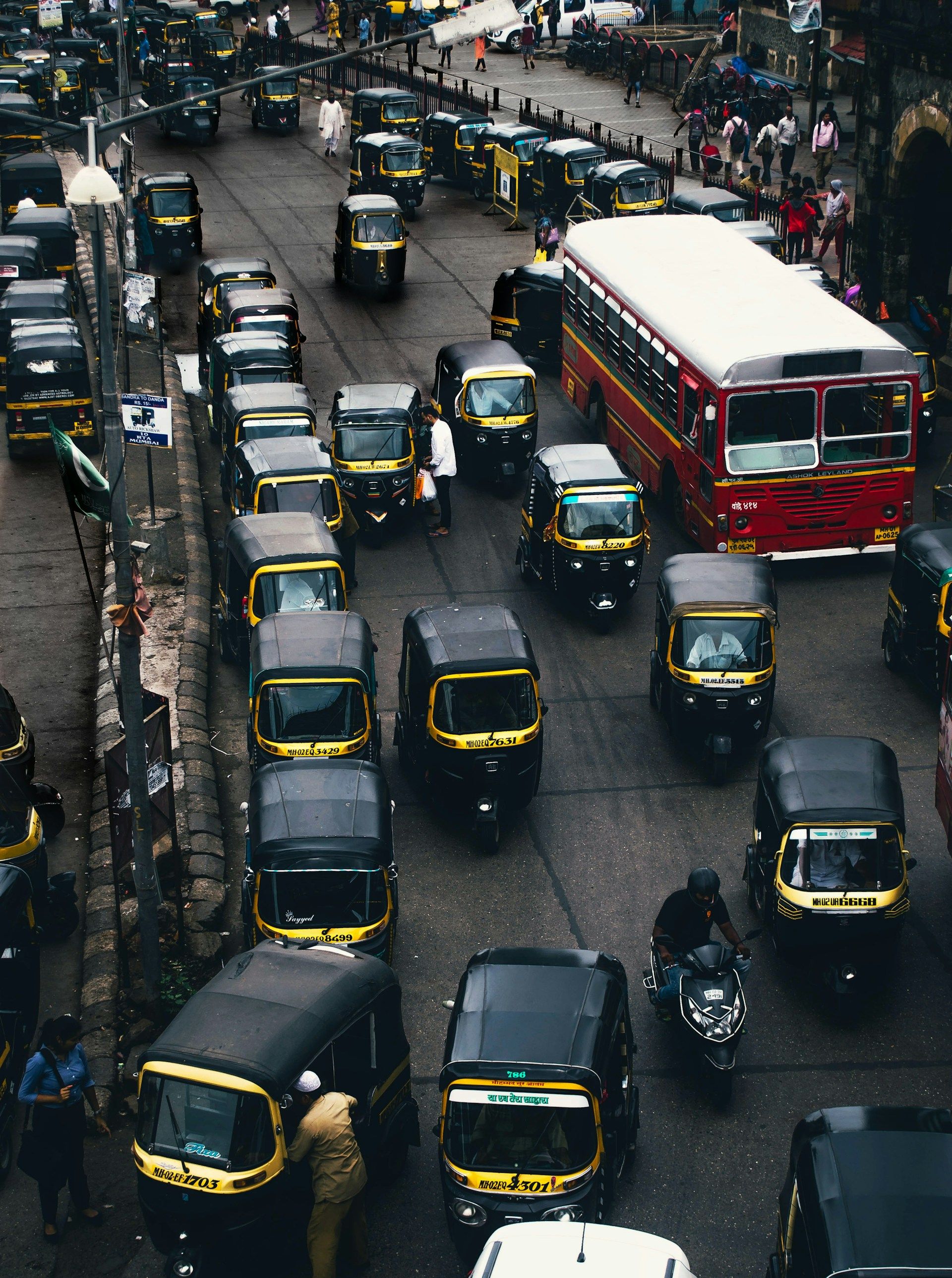
While English serves as a common business language in India, understanding local languages and customs significantly enhances your experience. Each region has its own linguistic and cultural nuances, making India a fascinating mosaic of traditions and practices. Consider engaging with the British Council in India for cultural orientation programs.
Don't feel overwhelmed by India's linguistic diversity - focus initially on basic greetings and courtesy phrases in the primary language of your chosen region. Many Indians appreciate the effort to learn local customs and languages, even if you're not fluent.
Essential cultural considerations:
If relocating with children, India offers various international education options, particularly in major cities. The International Schools Association provides information about accredited institutions following British, American, or International Baccalaureate curricula.
Indian private schools often offer excellent education, though teaching styles may differ from Western approaches. Many international families choose schools that combine Indian curriculum elements with international teaching methods, providing children with a unique cross-cultural education experience.
Education planning should consider:
Getting around in India requires adapting to different transportation norms. Major cities offer various options, from metro systems to ride-hailing apps, though traffic conditions can be challenging. Consider engaging a driver initially, particularly in cities with complex traffic patterns.
Understanding local transport options helps navigate daily life more effectively:
Living in India involves adapting to different daily routines and practices. Water and power management often requires more attention than in the UK. Many expatriates install water purifiers and voltage stabilizers to ensure consistent utility service.
Home management considerations include:
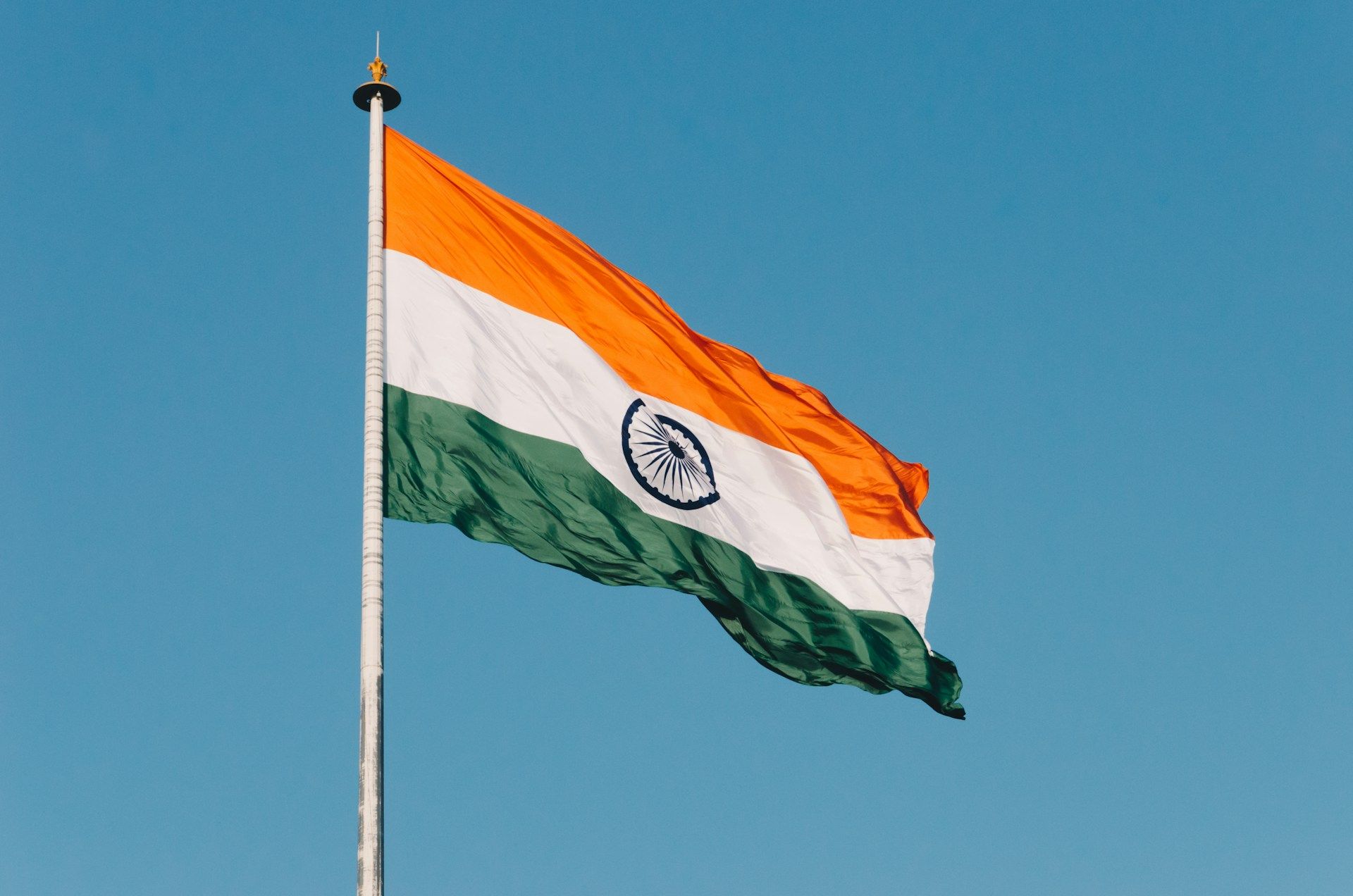
Adapting to India's climate requires thoughtful preparation and lifestyle adjustments. The country experiences distinct seasonal variations, from intense summer heat to monsoon rains. The India Meteorological Department provides detailed weather forecasts and climate information that proves essential for daily planning.
Air quality, particularly in northern cities, requires specific consideration. Many expatriates install air purifiers and monitor daily air quality indexes through apps and websites. Understanding when to limit outdoor activities and how to protect yourself during poor air quality days becomes an important part of daily life.
Essential climate considerations:
While India's private healthcare sector offers excellent services in major cities, understanding how to access and navigate medical care proves crucial. Building relationships with trusted healthcare providers early helps ensure smooth handling of any medical needs that arise.
Many expatriates maintain relationships with specific hospitals and clinics, such as Apollo Hospitals or Fortis Healthcare, which offer international patient services and English-speaking staff. These facilities often provide health packages designed specifically for expatriate needs.
Healthcare management essentials:
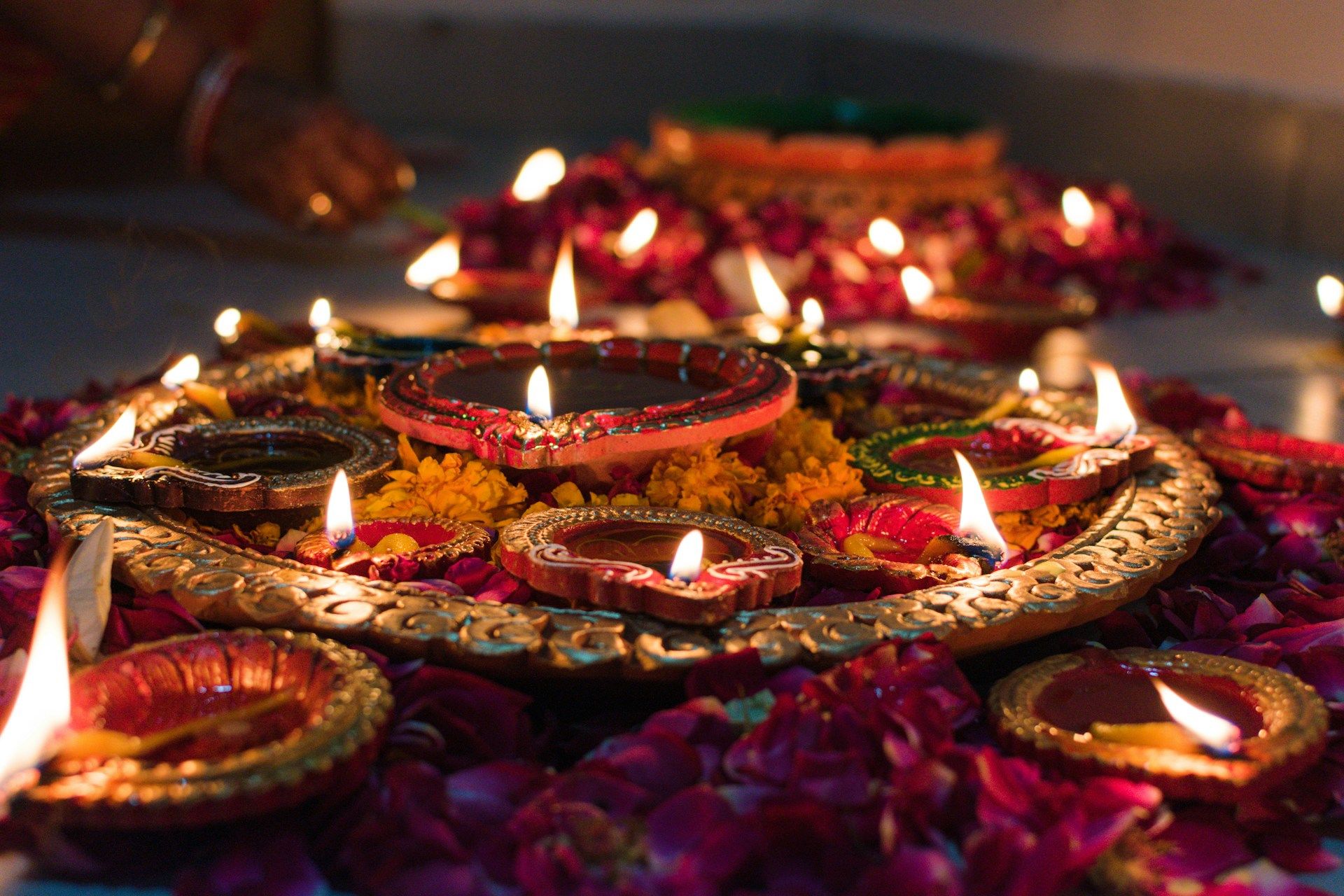
Creating a strong social network significantly enhances your Indian experience. Various expatriate organisations and social groups can help you connect with both fellow expatriates and locals. The InterNations India Community offers regular events and networking opportunities.
Consider joining:
Ready to begin your Indian adventure? Deliver1 specialises in managing international relocations to India, offering comprehensive moving services tailored to the unique challenges of the Indian subcontinent. Our expertise covers:
Contact our dedicated international team for a personalised consultation and detailed quote.
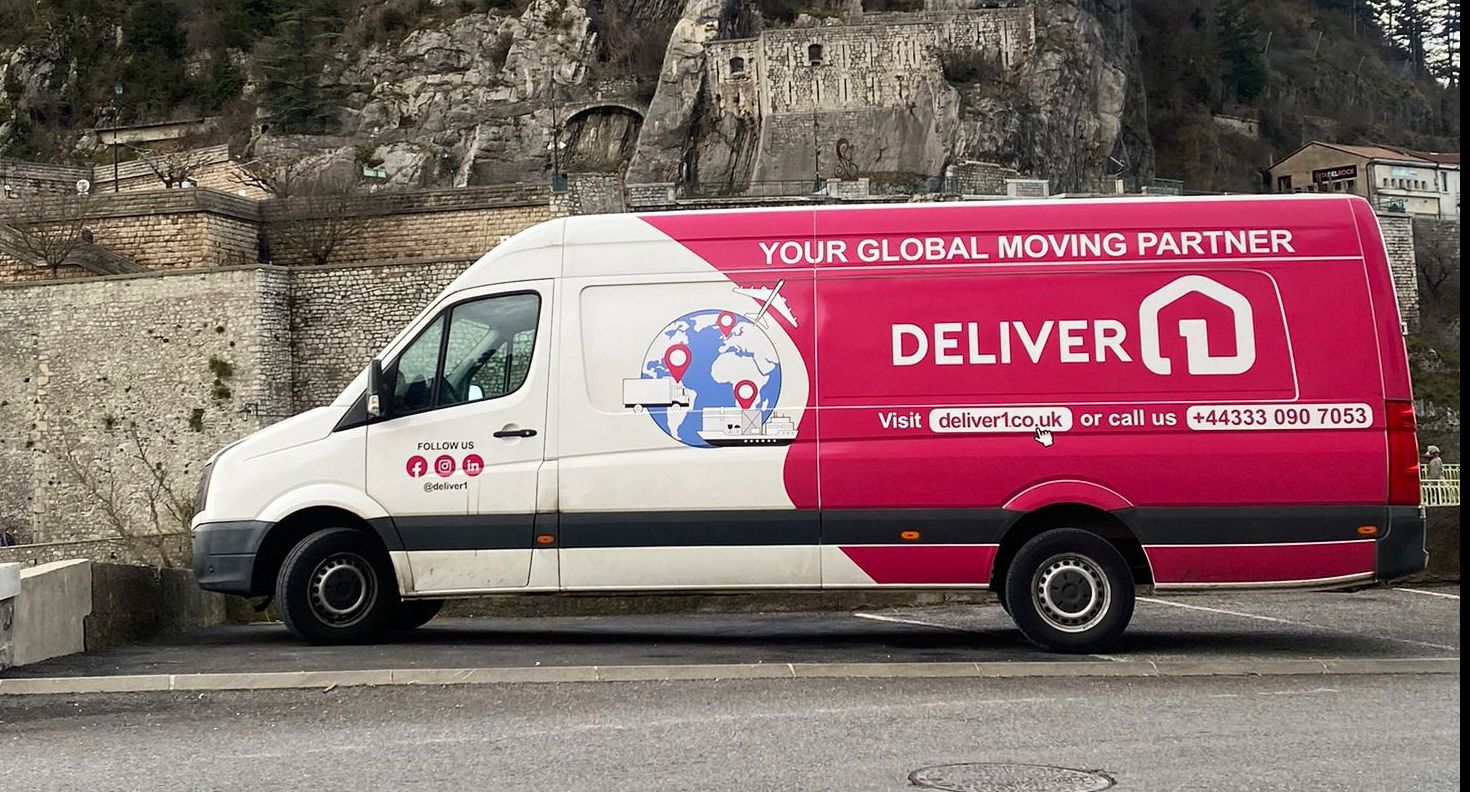
Establishing reliable communication systems proves essential for both personal and professional life in India. Understanding mobile phone plans, internet services, and technology requirements helps ensure consistent connectivity.
Technology considerations include:
After arrival, several administrative procedures require attention. Working with a local facilitator can help navigate these requirements efficiently:
Essential registrations include:
Developing an emergency plan helps ensure peace of mind. Keep important contacts and documents easily accessible:
Emergency preparation includes:
Success in India often depends on understanding and respecting local customs. Consider these aspects of daily life:
Cultural awareness points:
Moving to India offers an unparalleled opportunity to experience one of the world's most vibrant and diverse cultures. While challenges exist, proper preparation and an open mindset help ensure a rewarding experience. Remember that patience and flexibility often prove as important as practical preparations.
For expert assistance with your move to India, contact Deliver1's specialist team today. Our comprehensive moving services ensure a smooth transition to your new life in the subcontinent, allowing you to focus on embracing the rich experiences ahead.
We love hearing from you-so please get in touch with any questions or queries.
We love hearing from you-so please get in touch with any questions or queries.
Working hours
Mon - Sat: 08:00 - 17:00
Sun: Closed
Call
+44 3330 907053Location
Unit 3, Newyears Green Lane
Newyears Green
Uxbridge
UB9 6LX
United Kingdom
